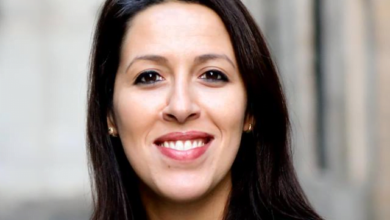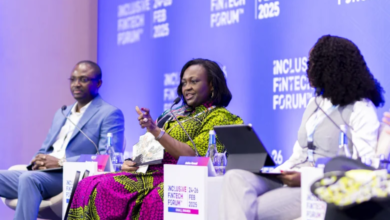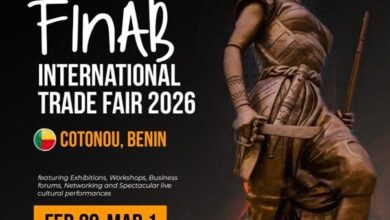Sidi Ould Tah : a new era for Africa’s development
With a five-year plan for 2025-2030 worth $18.4 billion, BADEA is accelerating its commitment to African development. Its president, Sidi Ould Tah, discusses the ambitions of this strategy, financial innovation, and the key role of the partnership between Africa and the Middle East in the continent’s economic transformation.
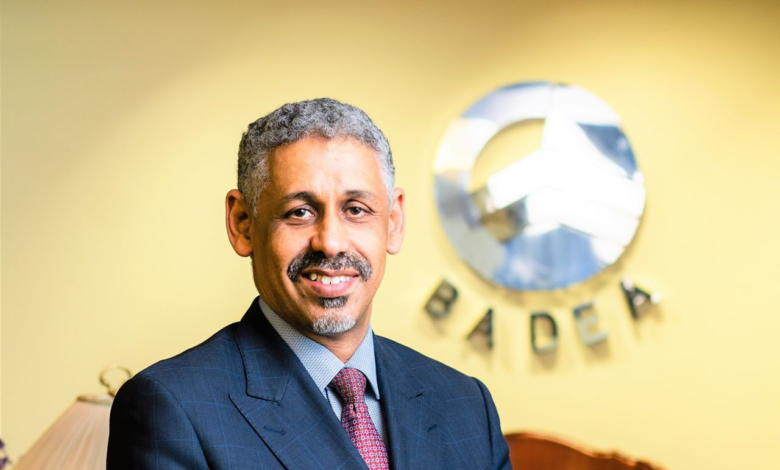
Interview by Dounia Ben Mohamed
Mr. Sidi Ould Tah, BADEA is about to take a new step with its 2025-2030 five-year plan, which has a budget of $18.4 billion, representing a 120% increase compared to the previous 2019-2024 plan. What are the key strategic areas of this new plan, and what impact do you expect on the continent’s development over the next five years?
Indeed, BADEA’s new five-year plan, covering the period 2025-2029 with an allocation of over $18 billion over five years, reflects our shareholders’ commitment to Africa and their desire to have an increased impact. For fifty years, BADEA and other institutions of the Arab Coordination Group (Editor’s note: Arab Coordination Group – ACG) have worked alongside African countries to contribute to their economic and social development.
Today, the needs are immense. With a young population representing between 60 and 70% of Africa’s total population, these needs are also urgent. People expect immediate solutions. That is why we must mobilize more resources. This awareness led our shareholders to unlock this funding. But we will not limit ourselves to these funds because we are working closely with other institutions of the Arab Coordination Group, which last year announced a $50 billion package for Africa.
BADEA’s role is to develop the partnership between the Arab world and Africa. This is the very raison d’être of the institution
The private sector is also a key player. We want the Arab private sector to play an increasing role in Africa, helping African countries develop value chains in all sectors, create more jobs, and improve living conditions.
Given Africa’s significant and diverse needs, how can financing mechanisms be innovated to better respond to the continent’s growing demands and realities?
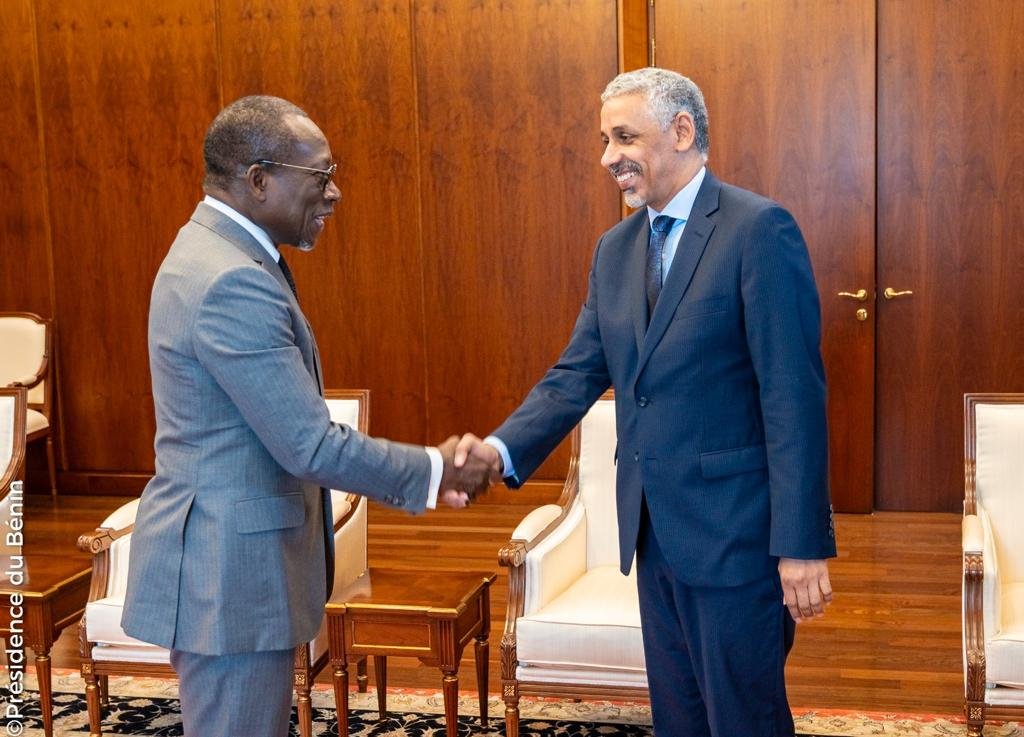
This is an extremely important question because today, innovation is at the heart of finance, and innovation is what drives financial and development solutions.
As you know, Africa is a continent, not a single country—each country has different realities that require tailored solutions. Some countries need concessional resources, while others can consider public-private partnerships with financing conditions closer to market rates.
The strength of BADEA and the Arab Coordination Group lies in their ability to adapt to local specificities and innovate to provide solutions that ensure both the financial sustainability of projects and the debt sustainability of beneficiary countries.
Today, we have a wide range of products: grants, highly concessional loans, market-adjusted loans, financing for the private sector, and project funding. The combination of these instruments and the use of guarantee mechanisms allow us to tailor each solution to on-the-ground realities.
Africa is a continent, but it is not a single country, so we have different situations—and different situations require different solutions… »
A quick aside: Do you also offer Islamic finance products? We are seeing growing interest in Islamic finance solutions in Africa today…
As you know, BADEA was initially a conventional financing institution, but that does not mean we cannot explore other financing modes, including Islamic finance, and we have indeed offered such solutions. It depends on the country’s needs, the company’s requirements, the project’s specifics, and sometimes also our co-financiers’ needs. Depending on these factors, we can put forward either conventional solutions or Islamic finance products such as Murabaha, Mudaraba, Ijara, and others.
BADEA has made SME support one of its priorities. You have launched, together with other partners, a coalition in favor of SMEs. What is the status of this initiative?
When we look at Africa, we see that 80 to 90% of the economic fabric consists of small and medium enterprises. It is therefore crucial to address their needs. Especially when we consider that only 20% of SMEs in Africa have access to financing. The goal is to help them secure financing, but that alone is not enough.
The idea behind the coalition is to provide a holistic solution to the challenges faced by SMEs in Africa. These businesses not only need financing but also support, management training, and other resources. This initiative brings together the efforts of all stakeholders to support SMEs effectively.
We have made progress with the coalition, and we hope the secretariat will be established soon. In the meantime, we have been working with guarantee funds and several partner institutions to launch operations aimed at supporting SMEs.
We want the Arab private sector to play an increasingly important role in Africa to help African countries develop value chains in all sectors, create more jobs, and improve people’s living conditions
Today, the Middle East has become one of the leading financiers of the African continent. BADEA exemplifies this strategic rapprochement. How do you explain this growing Middle Eastern presence in Africa? What is the interest for Africa? For the Middle East?
This is a crucial question for BADEA because, as you know, our institution’s role is to develop the partnership between the Arab world and Africa. This is the very raison d’être of our institution.
We are very pleased to see that today, economic relations and the volume of investments and trade between Africa and the Arab world are reaching unprecedented levels. This reflects the convergence of three factors.
The first factor is the shift in Africa and Arab countries towards a more prominent role for the private sector.
Another key factor is Africa’s emergence on the global stage, with record growth rates over the past two decades and increasing recognition of the continent’s strategic importance, particularly in terms of natural resources such as oil, minerals, and its agricultural and human potential. Africa is now a global focal point. It was therefore natural for countries with historical ties to Africa, which have always provided development aid, to become financial and investment partners, contributing more actively to the development of the continent’s resources and potential.
A final important factor is the development of value chains and the correlation between consumer and producer countries. Several products essential to Africa are produced in Arab countries, while Africa, in turn, possesses numerous resources that are highly valuable to Arab countries. There is thus a mutual interest, and this win-win partnership is rapidly expanding.
The path that the Middle East and Africa are charting in terms of development will undoubtedly help shape new collaboration mechanisms that could inspire other regions of the world
How can this strategic partnership between Africa and the Middle East champion a new voice and a new path for a more secure, greener, more prosperous, and more inclusive world?
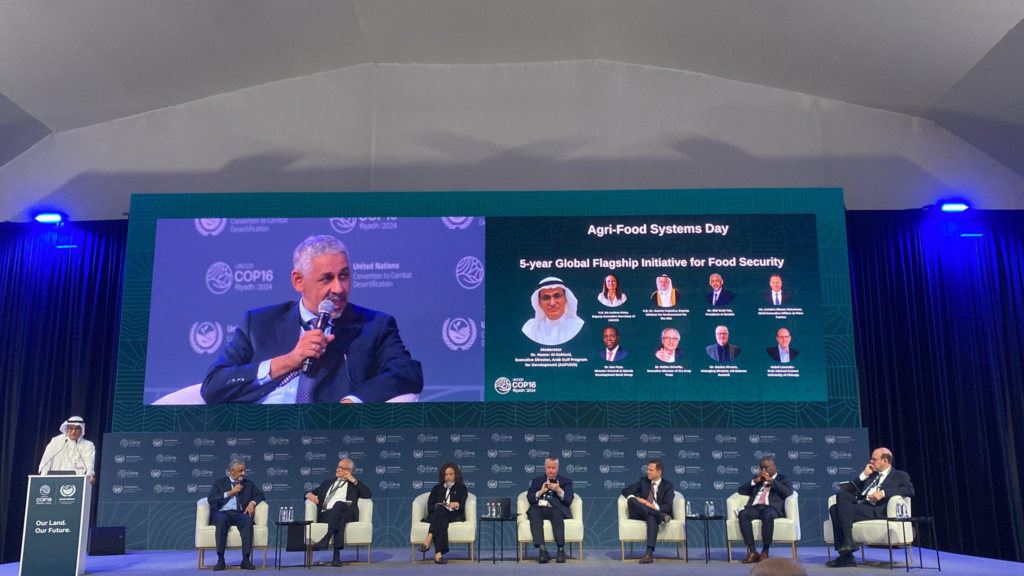
I believe Africa is already carving out a place for itself on the international stage, and its full membership in the G20 is a clear testament to that. Similarly, the presence of Arab countries, such as Saudi Arabia, in the G20 underscores the importance of the Middle East.
I am convinced that this voice will not only be heard today but will become even stronger in the coming years. Likewise, the path that the Middle East and Africa are charting in terms of sustainable development is also opening new avenues in terms of partnerships and mutual interests. This dynamic will undoubtedly contribute to shaping new collaboration mechanisms that could inspire other regions of the world.
BADEA, a driver of Afro-Arab development
Founded in 1974 by 18 member countries of the Arab League, the Arab Bank for Economic Development in Africa (BADEA) works to strengthen the Afro-Arab partnership. Over the past 50 years, it has financed more than 1,000 projects in 44 African countries, mobilizing over $13 billion. With its 2025-2030 five-year plan, worth $18.4 billion, BADEA is ramping up its support for infrastructure, SMEs, and strategic investments to drive the continent’s sustainable transformation.




